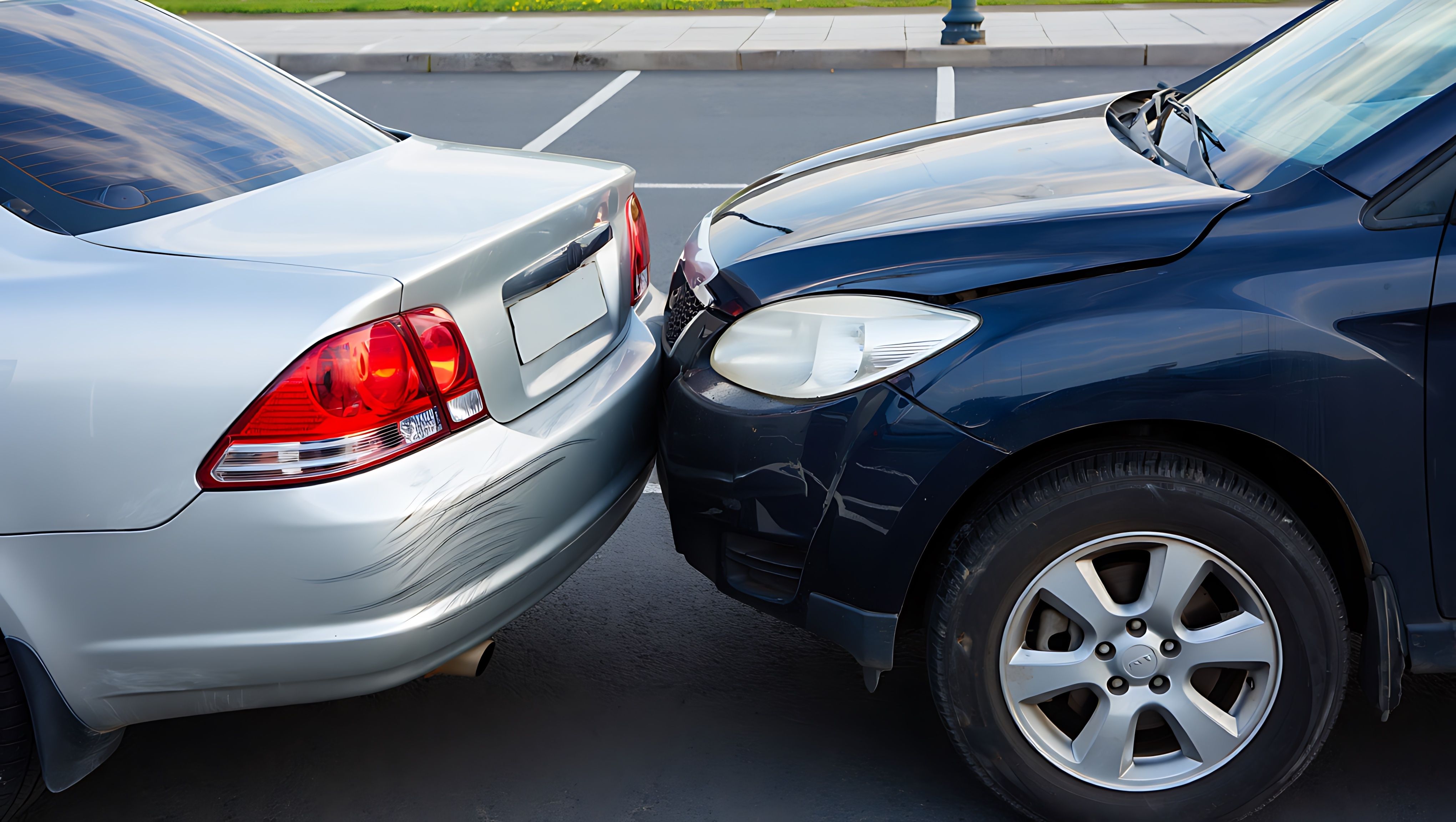We’re here to break down exactly what happens if you don’t report a car accident in Florida, why it matters, and how to protect your rights if you’ve been in a wreck, whether it felt major or not.
Florida’s Reporting Rules: What the Law Says
In Florida, drivers are required to report certain types of car accidents to law enforcement. If you skip this step, it’s more than just an oversight; it could be a legal violation.
You Must Report a Crash If:
- It causes injury or death
- There is $500 or more in estimated property damage
- The accident involved a hit and run or DUI
- A vehicle had to be towed from the scene
That $500 damage threshold can be misleading. Modern cars rack up that much in repair costs from a small fender bender. So, if you're not sure, it's safer to report the crash just in case. If you didn’t cause the crash, check out our blog that details the next steps you should take for an accident that wasn’t your fault.
What Could Go Wrong If You Don’t Report It?
If you don’t report an accident, you could face more than just paperwork headaches. Skipping this step can affect your legal rights, your insurance claim, and even your driving record.
You Could Face:
- Fines or penalties for failing to report the crash
- Trouble with your insurance company if there’s no official documentation
- Denial of compensation if you or the other driver later tries to file a claim
- Legal consequences if someone was hurt and the crash wasn’t documented
Many people don’t realize that your personal injury protection (PIP) coverage in Florida requires you to seek medical treatment within 14 days. But if there’s no report to back up your claim, your insurer may argue that your injuries aren’t related to the crash.
Even Minor Accidents Can Cause Big Issues
Let’s say someone bumps into your car at a stoplight. You both look at the damage, shrug, and drive off. But the next day, your neck starts to hurt, or the other driver suddenly files a claim saying you were at fault. Without a police report, it becomes your word against theirs.
For some people in difficult situations, skipping a report might seem like the “easier” option, but that choice could cost you thousands in the long run.
Learn More About Auto Accidents in Florida
Reporting your crash is just the beginning. Want to know how claims work, what your case might be worth, or what legal options you have after a crash? Visit our Auto Accidents page to get a clear understanding of your rights.
What to Do Right After a Crash
Even if it feels minor, the steps you take right after an accident matter, legally and financially.
Step-by-Step:
1.Check for injuries and call 911 if needed
2. Move to safety if the vehicles are operable
3. Call law enforcement to the scene
4. Exchange information with the other driver
5. Take photos of the damage, location, and injuries
6. File a report if an officer doesn’t respond
7. Contact your insurance company
8. Speak with an attorney before accepting any settlement
If police don’t come to the scene, you can still file a report yourself through the Florida Highway Safety and Motor Vehicles website. It’s quick and protects you from issues later.
When Should You Call a Lawyer?
If there’s any doubt about what to do next, that’s your cue to reach out. Maybe the other driver is shifting blame. Maybe your injuries showed up days later. Or maybe you’re just trying to navigate the system without getting taken advantage of. At Papa Injury Law, we help good people get back on their feet after bad accidents. We don’t believe in call centers or fine print. We believe in real conversations, honest answers, and fighting for what’s fair.
Don’t Leave It to Chance
Not reporting an accident may feel harmless in the moment, but it can seriously impact your ability to recover damages, especially if injuries surface later or disputes arise. When in doubt, protect yourself and document everything. If you've been in an accident and aren’t sure what your next step should be, we’re here to help you make sense of it all. Visit our website to learn more about auto accidents and how you can protect yourself in the worst-case scenario.
Learn More About Auto Accidents



